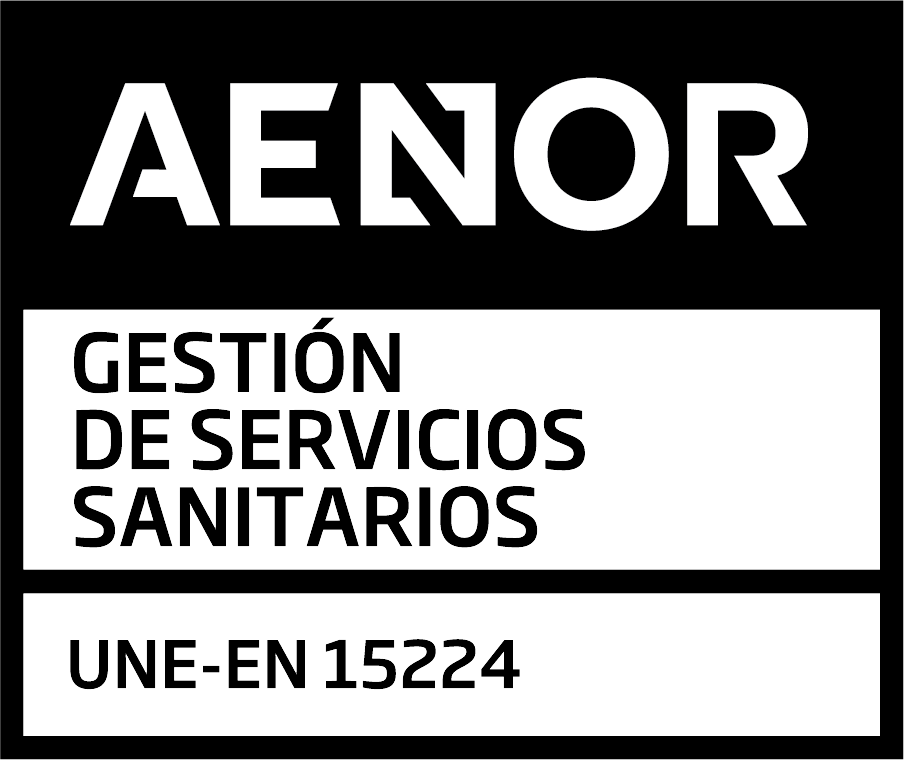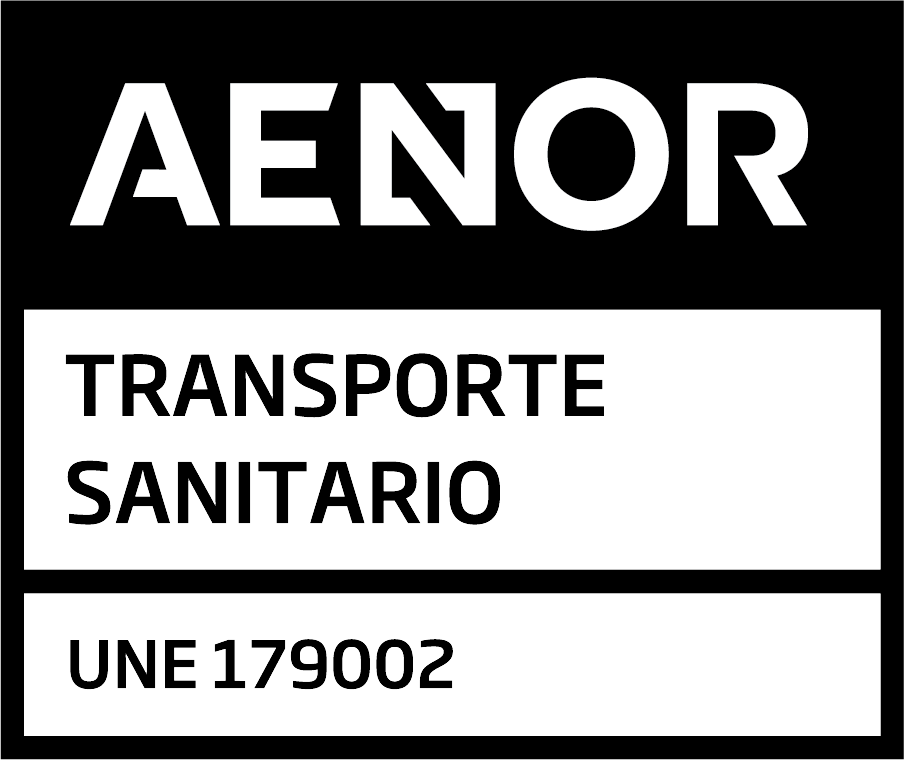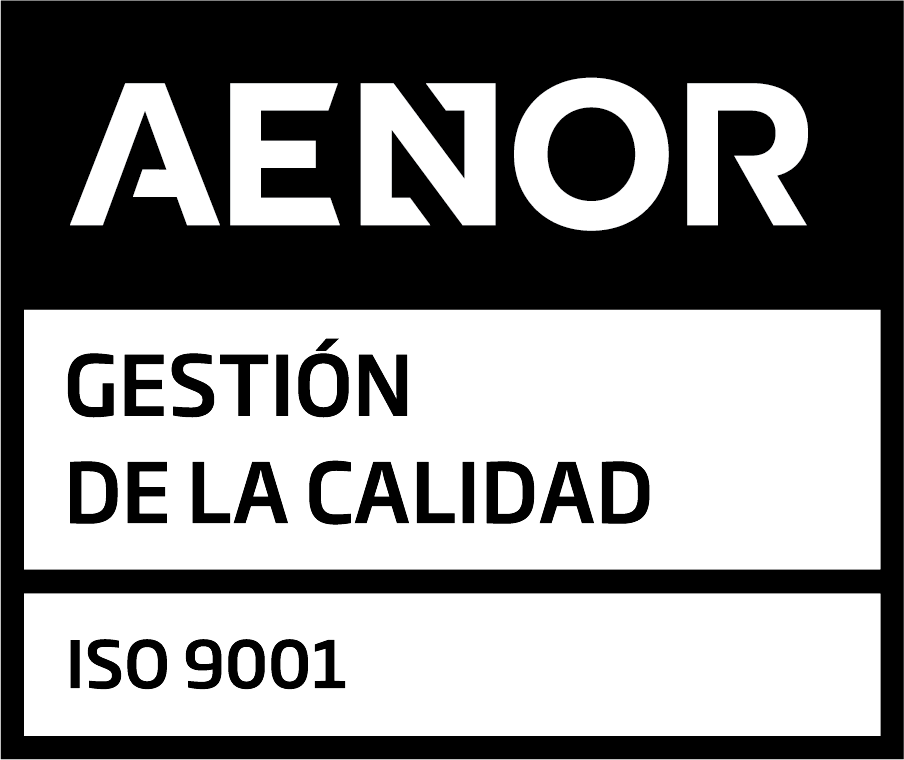Our endocrinology and nutrition service offers a comprehensive and personalized patient care in all those related to the endocrine system diseases.
This service is becoming very important due to the increasing diseases related to sedentary life style or bad nutrition.
Hormonal alterations, obesity, diabetes, cholesterol and triglyceride problems…these are the most commonly treated.
In the case of morbid obesity, our Endocrinology and Nutrition team will carry out an examination of the patient to obtain the most accurate diagnosis. If conventional treatment (diet and exercise) is not enough, our specialists at the Policlínica will recommend bariatric surgery as an effective way of resolving the problem once and for all.
Diabetes has become a problem for developed countries in recent years due to its high incidence. It is estimated that by 2020, more than a third of the western world’s population will suffer from the disease, which is directly related to lifestyle, diet and being overweight.
The first thing our specialists do is get to know each patient’s individual case in order to help them improve their lifestyle in the most appropriate way. There are many treatments, depending on the situation and the pathology.
Common diseases: diabetes
“The world is facing a growing diabetes epidemic of potentially devastating proportions. Its impact will be felt most severely in developing countries. WHO and the International Diabetes Federation are working together to support initiatives to prevent and manage diabetes and its complications, and to promote the best possible quality of life for people with diabetes worldwide.” This is the message of the two organisations in their “Act now!” against diabetes programme.
The Endocrinology and Nutrition Unit at Policlínica Nuestra Señora del Rosario provides personalised guidance and treatment to every one of its patients, both in the prevention and treatment of this chronic disease.
What is diabetes?
Diabetes mellitus is a disease characterised by hyperglycaemia (high blood sugar). It can be caused by a lack of insulin (the hormone that regulates blood sugar), insulin dysfunction, or a combination of both. The consequence of insulin deficiency and/or insulin dysfunction is that the glucose in the blood is not transported to the various organs to provide them with the energy they need, altering other tissues (blood vessel walls, nerves…) and ultimately leading to changes in the functioning of the kidneys, eyes, sensitivity of the feet…
It is a very common disease. If it is not properly controlled, there are many medium- and long-term consequences for those affected.
According to World Health Organisation estimates, more than 180 million people worldwide have diabetes, and this figure is likely to double by 2030.
Most common types of diabetes mellitus
- Type 1 Diabetes Mellitus
This is caused by a lack of insulin production in the pancreas, usually starting in childhood or adolescence, but also in young adults. People with this type of diabetes need to be treated with insulin from the start.
- Type 2 Diabetes Mellitus
This is caused by insulin not working properly due to the body’s resistance to its action. It is usually associated with being overweight / obesity and often coincides with high blood pressure and high cholesterol. It can usually be treated, at least initially, with oral medication.
- Gestational Diabetes Mellitus
This type of diabetes can occur in the second half of pregnancy and is usually well controlled with diet and exercise, although insulin is sometimes needed. A very high percentage of cases resolve after childbirth.
Diabetes Mellitus Treatment
The cornerstone of diabetes mellitus treatment, whatever the type, is changing your diet and exercise habits. The emphasis should be on a healthy diet, avoiding saturated fats and simple sugars, and regular physical activity.
- Drugs
There are many drugs available to treat diabetes, and new treatments are emerging with increasingly safe and effective profiles that can be adapted to many types of patients. Treatment is personalised.
- Insulin
Indispensable from the outset in type 1 diabetes mellitus and in many cases over time in type 2 diabetes mellitus. Today’s insulins are increasingly able to mimic the insulin produced by the human body and are therefore safer. In recent years, the use of the “insulin pump” has become widespread; it is a system that allows insulin to be delivered in small doses, adapting to the patient’s lifestyle and providing much better control. In this way, a much freer lifestyle is achieved: not living for diabetes, but living with diabetes.
What does the Endocrinology Unit at the Policlínica Ntra Señora del Rosario offer?
- Newly diagnosed patients with Type 1 Diabetes Mellitus:
- Diabetes education with the endocrinologist: carbohydrate ratio diet, capillary blood glucose self-monitoring technique, insulin injection technique, glucagon injection technique, hypoglycaemia management.
- Initial analytical control with screening for related diseases (hypothyroidism, coeliac disease, etc.).
- Start of treatment
- Weekly review during the first month and as needed thereafter.
- Psychological support if required.
- Newly diagnosed patients with Type 2 Diabetes Mellitus:
- Basic diabetes education with the endocrinologist: healthy diet, capillary glycaemia self-monitoring technique, insulin injection technique (if such treatment is required), hypoglycaemia management.
- Start of treatment
- Full analytical check-up.
- Screening for complications: ophthalmological examination (fundus examination), urinalysis, foot examination and, if there are risk factors: cardiological examination and examination of vascularisation alterations in the lower limbs.
- Patients with Long-Standing Type 1 Diabetes Mellitus:
- Review of treatment and glucose monitoring.
- Review of knowledge of carbohydrate ratio diet, injection techniques and hypoglycaemia management.
- Full analytical check-up.
- Screening for complications: ophthalmological examination (fundus examination), urinalysis, foot examination and, if there are risk factors: cardiological examination and examination of vascularisation alterations in the lower limbs.
- Periodic revisions according to needs.
- Patients with Type 1 Diabetes Mellitus on treatment with CSII:
- Review of basal rate, bolus... according to capillary glycaemia controls.
- Review of knowledge on carbohydrate ratio diet, hypoglycaemia management, hyperglycaemia and temporary pump interruptions.
- As CSII treatment is becoming more and more widespread, patients who are temporarily in Ibiza will have access to staff trained in the use of insulin pumps in the event of complications.
- Patients with Long-Standing Type 2 Diabetes Mellitus:
- Start or review of basic diabetes education with the endocrinologist: healthy diet, capillary glycaemia self-monitoring technique, insulin injection technique (if such treatment is required), hypoglycaemia management.
- Treatment review and adjustment
- Screening for complications: ophthalmological examination (fundus examination), urinalysis, foot examination and, if there are risk factors: cardiological examination and examination of vascularisation alterations in the lower limbs.
- Periodic revisions according to requirements.
- Patients with Gestational Diabetes:
- Basic diabetes education: pregnancy-appropriate diet, capillary glycaemia self-monitoring technique.
- First check-up at one week: change of treatment (diet or start of insulin if required) according to capillary glycaemia controls.
- Subsequent check-ups every three weeks minimum, more frequently if required and according to the evolution of the pregnancy.
- Postpartum monitoring.
Services catalog
- Diabetes
- Obesity
- Thyroid pathology
- Hipófisis e Hipotálamo
- Phosphocalcium metabolism
- Adrenal pathology and pancreatic tumors
- Pediatric and adolescent endocrinology
- Nutrition Unit





